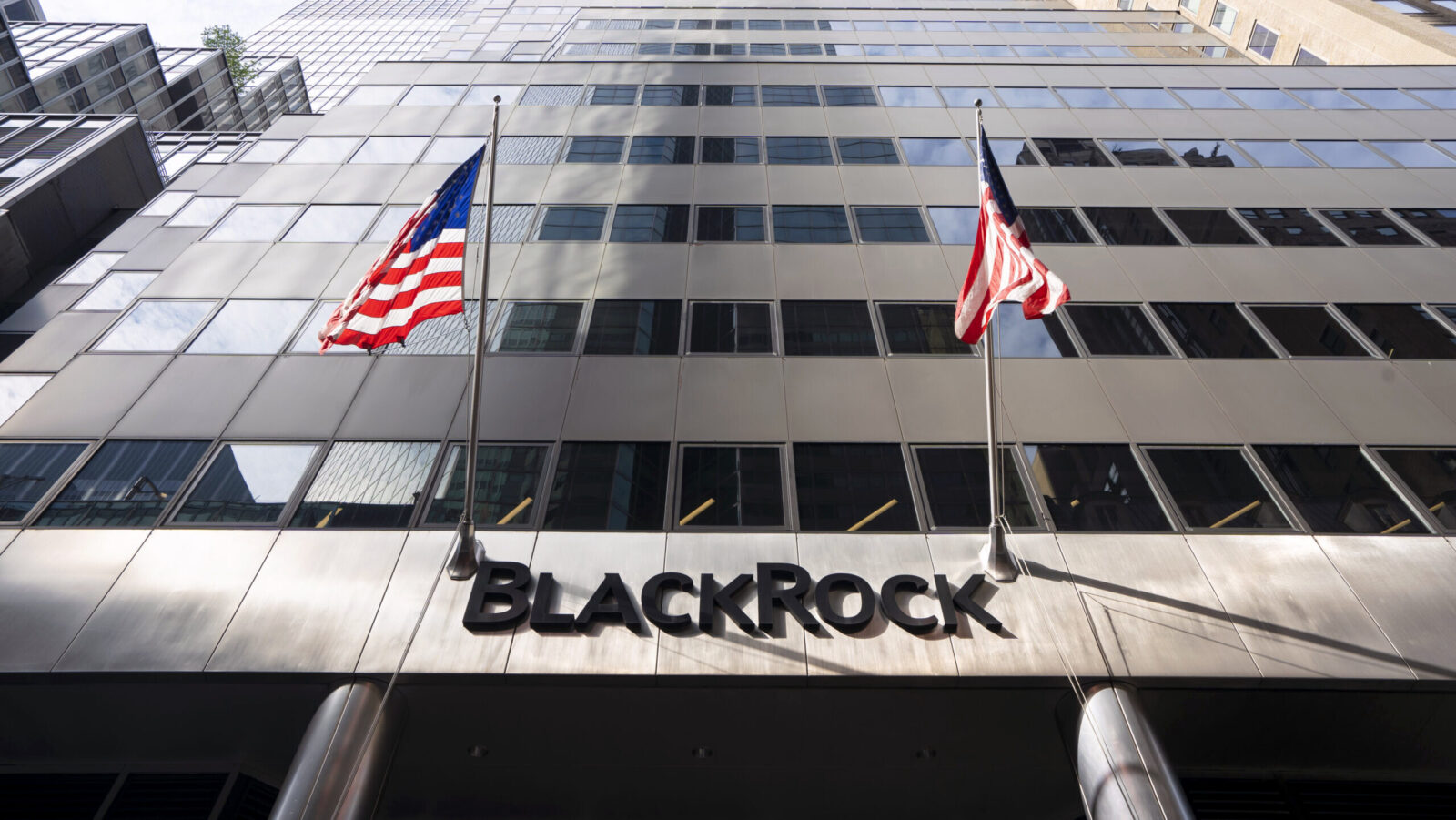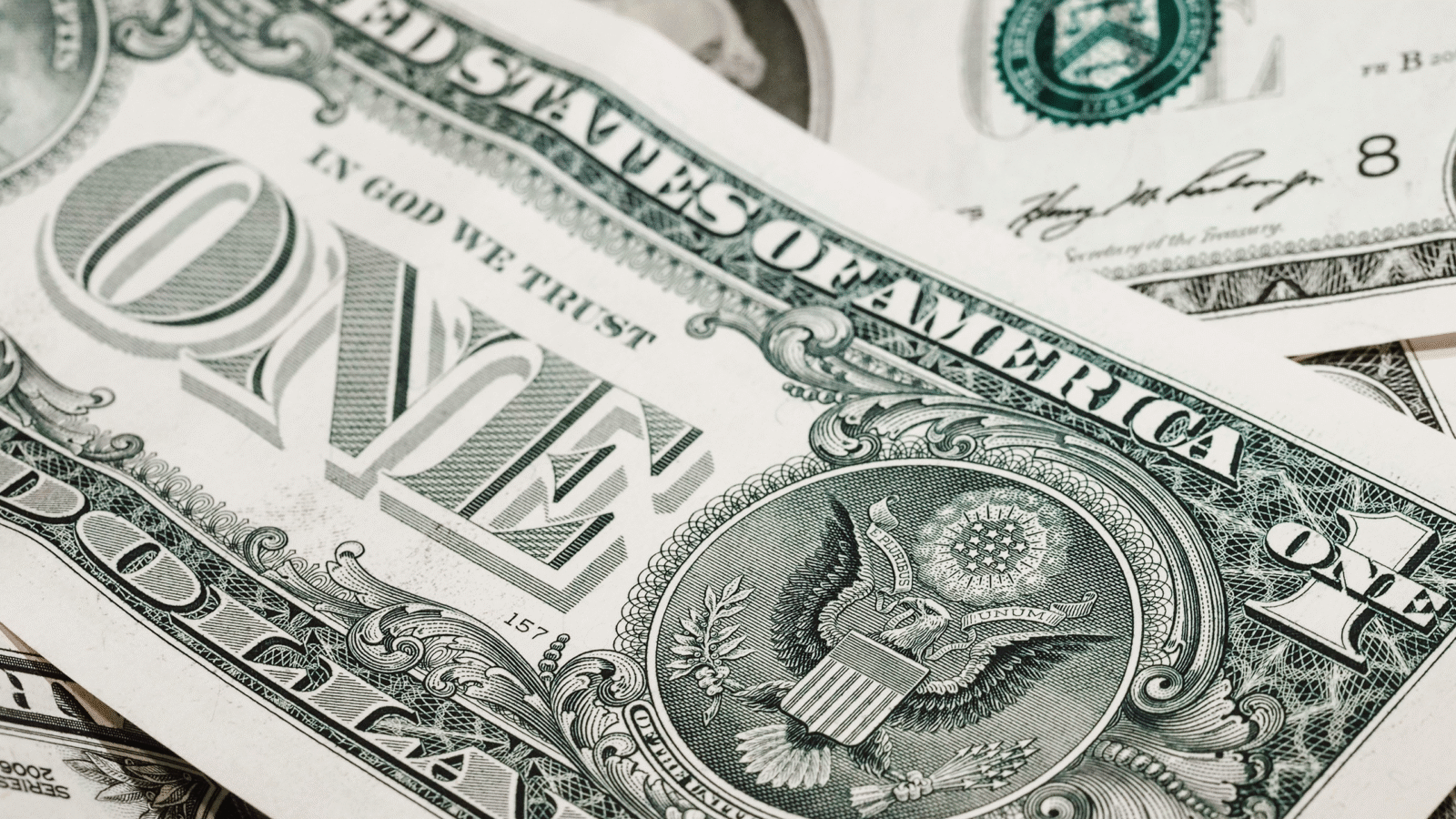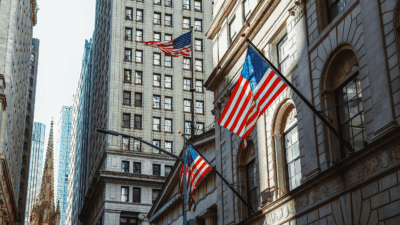New Jersey’s Labor Mismatch is a Cautionary Tale for Rest of the US
New Jersey is a microcosm of the country’s post-pandemic labor struggles — no jobs in some sectors, and too many jobs in others.

Sign up for smart news, insights, and analysis on the biggest financial stories of the day.
Bruce Springsteen, New Jersey’s foot-stomping bard, may have been on to something when he sang, “These jobs are going, boys, and they ain’t coming back.”
Whether it’s white-collar firms cutting staff, restaurants operating on thin margins, or pharmaceutical companies struggling to find skilled employees, New Jersey is a microcosm of the country’s post-pandemic labor struggles — no jobs in some sectors, and too many jobs in others, robots hanging over us … are you feeling a Boss song here?
This Gun’s for Hire
Two years ago, job seekers barely had to pound the pavement, especially in finance and tech, as firms were looking for any employee they could get their hands on. But perhaps inevitably, cuts were right around the corner.
Hundreds of thousands of employees were let go nationwide this year from the likes of Microsoft, Salesforce, Goldman Sachs, and more. Now, those same big-name firms are sitting back on hiring until their needs for 2024 are fully understood.
New Jersey, the 11th-most populous state with 9.3 million residents, has the nation’s fastest-growing unemployment rate. In October, the joblessness rate in the state rose to 4.6%, up from 3.3% a year ago, according to the Labor Department. That’s still on the historical low end, but it’s several ticks above the national rate of 3.9%:
- While the healthcare sector and social assistance industries have hired 35,300 workers this year, many hospitals still say they are understaffed, and the state is expected to have a shortage of more than 10,000 nurses through 2025, The Wall Street Journal reported.
- Small businesses are holding back on hiring due to changing consumer habits, according to the WSJ. With more employers working remotely, many local restaurants and shops haven’t maintained the levels they had when workers were commuting to nearby offices.
Everything that Dies Comes Back: In the early days of covid-19, New Jersey lost more than 700,000 jobs. Not only has it regained those cuts, but it’s added 123,000 more jobs than before the pandemic. The hope is that if inflation falls and talk of a recession subsides, which is starting to look promising, the white-collar workforce will rebound, McKinsey’s Aaron De Smet, told the WSJ. And if not, at least we can rest easy knowing the money those firms saved from job cuts went toward bonuses for high-ranking executives. A happy ending for all.











